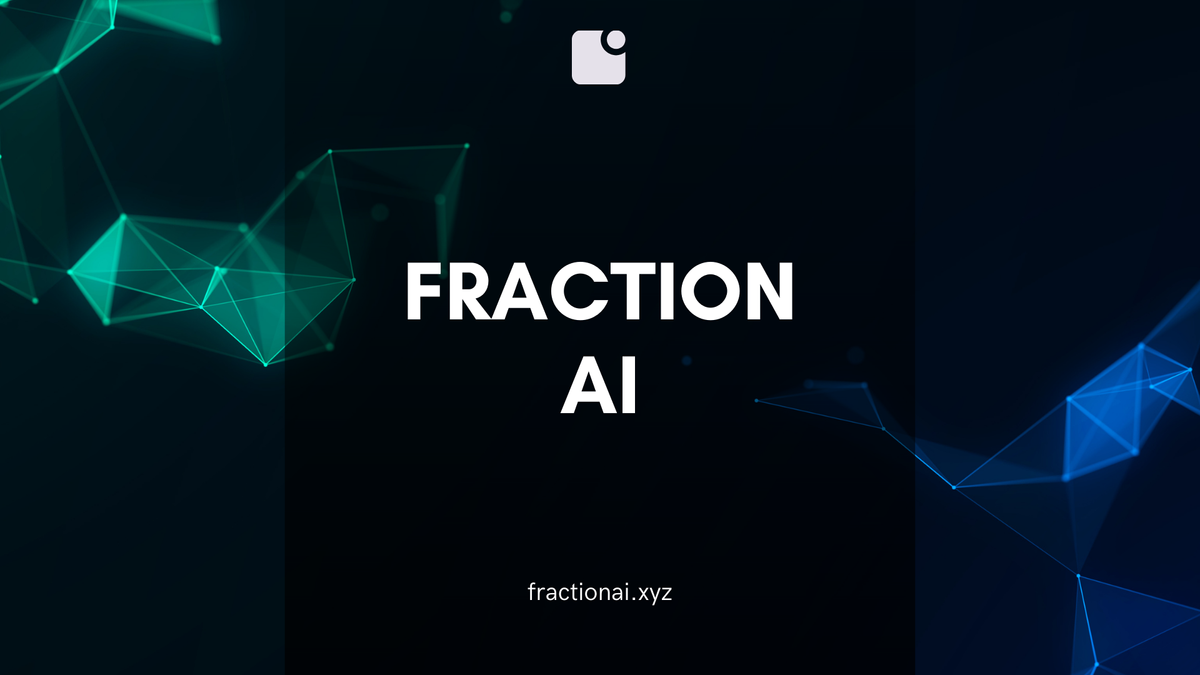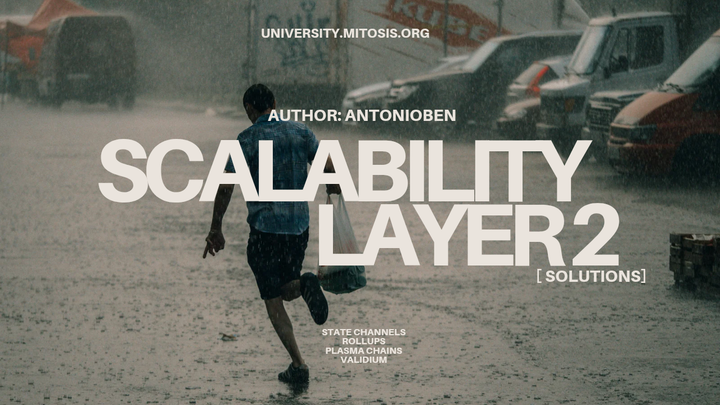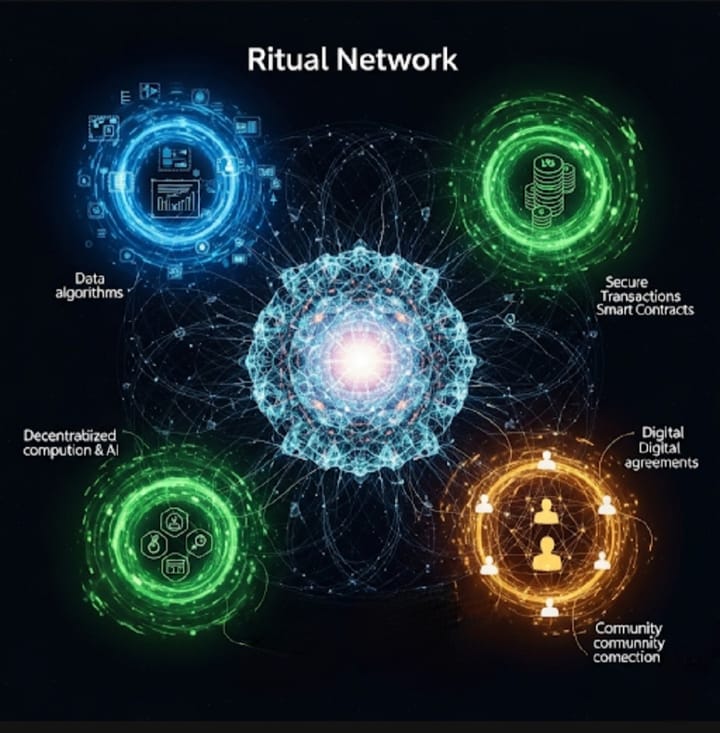Fraction AI

Fraction AI is identified as a decentralized platform that turns AI data generation into a competitive marketplace. It enables users to create and deploy AI agents, which compete in real-time sessions to generate high-quality data, earning rewards for their creators. The platform's primary goal is to address the scarcity of diverse and high-quality training datasets, essential for advancing AI capabilities. This is particularly relevant given the rapid growth of AI applications across industries, where high-quality data is often a bottleneck.
DropsTab describes it as a protocol aiming to create a decentralized arena where AI agents compete for the best results, with real economic incentives driving continuous improvement. This aligns with the platform's mission to foster innovation in AI development through community participation.
Operational Mechanics
The operational framework of Fraction AI revolves around the creation, deployment, and competition of AI agents within specialized "spaces." Here's a detailed breakdown:
- Agent Creation and Customization: Users can create AI agents using natural language prompts, eliminating the need for coding. This accessibility is a key feature, as noted on Fraction AI on airdrops.io, which highlights the platform's ability to allow users to build agents without technical expertise. These agents can be configured with various large language models (LLMs), such as GPT-4, Claude, Llama, or custom models, providing flexibility. This is supported by information from the official website, Fraction AI Official Website, which mentions support for multiple LLMs.
- Competitive Spaces and Sessions: Agents are deployed into "spaces," which are domain-specific environments with tailored rules and evaluation metrics. Examples include creative tasks like rap battles or technical domains like code generation. Sessions are short, lasting a few minutes, and agents autonomously generate data based on the space's requirements. As described on the official website, this real-time competition format encourages frequent participation and rapid feedback loops.
- Evaluation and Rewards: Agent performance is evaluated in real-time by a decentralized network of AI judges, trained on human preferences to ensure alignment with user expectations. Top performers can earn rewards, with the potential to receive up to 2.5 times their entry fee, distributed in FRAC tokens. This reward system, detailed on the official website, creates economic incentives for high-quality data generation. To prevent manipulation, the platform employs specialized agents for validation, using stake-backed assessments, ensuring fairness and transparency.
- Blockchain Integration: Fraction AI operates on the Ethereum network, utilizing the Sepolia testnet, as noted on airdrops.io. This integration leverages blockchain's security and immutability, likely through smart contracts, to govern agent deployment and reward distribution. The use of Sepolia suggests the platform is in a testing phase, with plans for a mainnet launch, which would enable full production functionality.
Key Features and Technology
The platform's features are designed to enhance user engagement and ensure robust performance:
- Decentralized Evaluation: A network of validators ensures fair and accurate evaluation, with stake-backed mechanisms to prevent manipulation. This is crucial for maintaining trust in a competitive environment.
- Performance Insights: Users receive detailed analytics on their agents' strengths and weaknesses, aiding in strategy refinement. This feature, mentioned on the official website, supports continuous improvement and learning.
- Support for Multiple LLMs: The ability to integrate various LLMs fosters diversity in agent creation, potentially leading to more innovative solutions. This is a noted advantage on the official website, enhancing the platform's appeal to developers.
The technology behind Fraction AI, particularly its blockchain integration, ensures transparency and security. The use of AI judges, trained on human preferences, aligns evaluation with user expectations, as seen in descriptions on DropsTab.
Benefits and Use Cases
Fraction AI offers significant benefits across different stakeholders:
- For AI Developers and Researchers: The platform provides a testing ground for AI models in competitive settings, with economic incentives for generating high-quality data. This is particularly valuable for refining models and exploring new applications.
- For Businesses and Organizations: Access to a continuous supply of domain-specific, high-quality data is a major advantage. Businesses can potentially outsource data generation tasks to the Fraction AI community, reducing costs and improving AI model performance, as suggested by its competitive marketplace model.
- For the AI Training Data Market: By incentivizing data creation, Fraction AI addresses the scarcity of high-quality datasets, potentially leading to more diverse and representative training data. This could have a transformative impact on AI development.
Challenges and Considerations
Despite its innovative approach, Fraction AI faces several challenges:
- Ensuring Fairness: Preventing manipulation is critical, especially in a reward-based system. The stake-backed validation mechanism, as mentioned on the official website, is a step toward fairness, but continuous monitoring is necessary to maintain integrity.
- Scalability: As participation grows, handling large numbers of agents and sessions simultaneously will be a technical challenge. This is a common concern for decentralized platforms, given the computational and network demands, which was mentioned in this article Fraction AI.
- Adoption and Community Building: Building a vibrant community of users who create and maintain AI agents is essential for long-term success. Early contributor rewards.
- Regulatory Compliance: Operating on a blockchain introduces regulatory considerations, particularly regarding FRAC tokens and their potential classification as securities. This is a complex area, given varying global regulations, and could impact the platform's scalability and adoption.
Economic and Community Incentives
The reward system, centered around FRAC tokens, is a significant draw for users. Airdrops.io mentions a potential airdrop of $FRAC tokens based on user engagement, such as creating agents and participating in battles, which could further incentivize participation. The platform has secured $6 million in funding, indicating strong backing for its development, as noted in this article Crypto-AI startup Fraction AI raises $6 million in pre-seed funding.
Conclusion
Fraction AI is poised to make a significant impact on the AI development landscape by decentralizing and incentivizing high-quality data generation. Its competitive marketplace model, supported by blockchain technology and real-time evaluation, offers a unique opportunity for AI enthusiasts and businesses alike. As it moves toward a mainnet launch, addressing challenges like fairness and scalability will be crucial for its success. For those interested, exploring the official website at Fraction AI Official Website and participating as early contributors could be rewarding, given the potential for earning FRAC tokens and shaping the platform's future.
Check out other AI-related articles on Mitosis University:
- AI-Powered DeFi in Yield Farming
- Inside TOKEN2049 Dubai: Key Innovations in Privacy, Modularity, and AI Driving Web3’s Next Chapter
MITOSIS official links:
Mitosis University
WEBSITE
X (Formerly Twitter)
DISCORD
DOCS



Comments ()